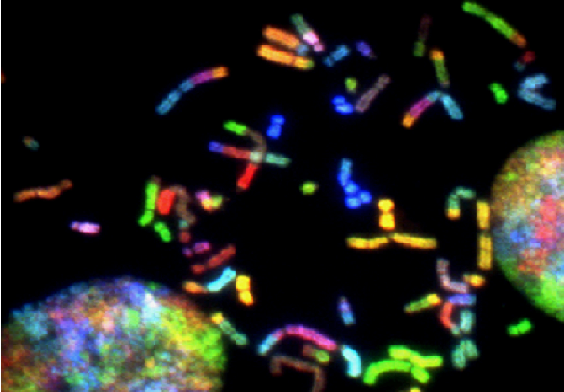March 31, 2021: “Roche announced that the Elecsys® EBV panel has launched in countries accepting the CE Mark.
Roche will file for approval with the FDA in the future. The Elecsys® EBV panel consists of three immunoassays: Elecsys EBV IgM, Elecsys EBV VCA IgG, and Elecsys EBV EBNA IgG, that detect antibodies specific to the Epstein-Barr virus (EBV), at different stages of infection. When used in combination, the three tests can help to define how far the infection has progressed in a patient.
Epstein-Barr Virus is one of the most common viruses in humans, infecting more than 90% of the global population by adulthood.
It is mainly transmitted by saliva, or via organ or cell transplants. After the first infection, EBV remains in a dormant state for life.
Clinical symptoms vary according to the immune status of the patients and people with weakened immune systems may develop more severe symptoms.
“The launch of the Elecsys EBV panel is an important step for the diagnosis of infections in transplant patients as it gives clear and accurate results from a single sample”, said Thomas Schinecker, CEO Roche Diagnostics.
“The tests help to provide the information clinicians need to diagnose and treat their patients quickly, effectively reducing the need for further confirmatory testing.”
EBV testing with immunoassays, from a blood sample, has a number of clinical uses.
EBV is used to confirm the diagnosis of glandular fever in people with clinical signs and symptoms and to rule out other acute diseases with a similar clinical picture, such as certain infections in pregnant women that may cause congenital disorders.
Knowing the EBV status of donors and recipients of organ and cell transplants is important, as recipients typically have a weaker immune system and may be at risk of complications.
Routine EBV testing and result interpretation can be challenging, and additional testing is required for EBV infection stages in as many as 5-10% of normal samples, where the stage of infections is not clear.
The Elecsys EBV panel correctly classifies a high percentage of routine samples, when determining the stage of EBV infection.
This means that less confirmatory testing is required, saving time and resources for the laboratory, as well as potentially leading to more effective patient management.
About Epstein-Barr Virus (EBV) Testing
While there is no international serological standard or consensus algorithm defined for EBV serology testing, there are different ways of conducting the EBV blood tests.
Often the three immunoassays used to determine the stage of EBV infection are run in parallel.
However, in an immunocompetent, adult population, the number of tests per sample can be reduced up to 50%, by using the “EBNA-first” sequential algorithm.
Approximately, 70-80% of routine samples for EBV testing indicate past infections, and only 2.4% are acute infections.
Therefore, by determining the Epstein-Barr nuclear antigen 1 (EBNA-1) results first, a positive result will rule out all past infections, meaning that only EBNA-1 negative samples will have to be further tested for the presence of IgM and VCA IgG antibodies to determine the final EBV infection stage.
This further reduces costs and increases the efficiency of the laboratory testing.
The high specificity and sensitivity of the Elecsys EBV EBNA IgG, in combination with clearly defined results, makes this assay very well suited for the implementation of the “EBNA-first” algorithm and thus brings greater value to laboratories and patients through more cost effective and efficient testing.
About the Elecsys EBV immunoassay panel
The Elecsys® EBV panel consists of three immunoassays to detect antibodies specific to the Epstein-Barr virus (EBV).
The three assays, Elecsys® EBV IgM, Elecsys® EBV VCA IgG, and Elecsys® EBV EBNA IgG are used in combination to accurately determine the patient’s EBV infection stage.
The immunoassays have excellent clinical sensitivity and specificity, and a short time to result of only 18 minutes.
The tests require a small sample volume of between 6 μL to 35 μL, depending on the assay and analyzer.
The addition of the EBV panel isd an important addition to the routine infectious diseases testing panel for Roche’s immunoassay portfolio.
This further addition to the Roche EBV testing portfolio follows on from the announcement of the CE Mark and FDA authorisation for the first Epstein-Barr virus quantitative test on the cobas 6800/8800 Systems to improve care for transplant patients.”
https://www.roche.com/media/releases/med-cor-2021-03-31.htm


